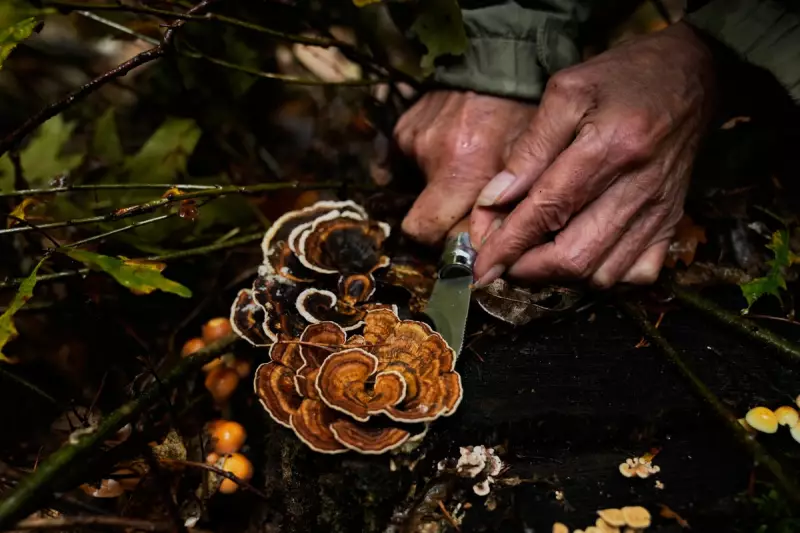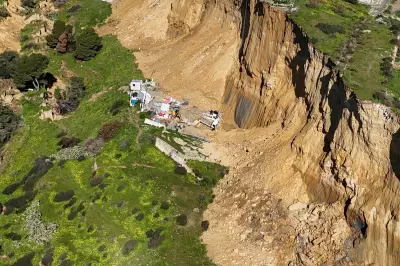
Across Germany's dense forests and woodland areas, a quiet revolution is taking place as record numbers of citizens take up mushroom foraging, transforming the traditional autumn pastime into a nationwide phenomenon.
The Fungal Frenzy Sweeping German Woodlands
Forest authorities and conservation groups report unprecedented levels of mushroom hunters scouring the forest floors, with some popular foraging spots seeing visitor numbers double in recent years. What was once a niche hobby practised by knowledgeable locals has exploded into mainstream popularity, driven by multiple social and economic factors.
What's Driving the Mushroom Hunting Craze?
Experts point to several key factors behind this remarkable surge in fungal enthusiasm:
- Post-pandemic nature reconnection - Many Germans discovered forest walking during lockdowns and have continued exploring outdoor activities
- Economic pressures - With food prices rising, foraging offers both recreation and potential cost savings
- Culinary trends - Increased interest in organic, locally sourced ingredients and traditional cooking methods
- Social media influence - Platforms like Instagram and TikTok have created foraging communities and made knowledge more accessible
Conservation Concerns Emerge
While the foraging boom has positive aspects, conservationists are sounding alarm bells about potential ecological impacts. "We're seeing areas where mushrooms are being harvested in unsustainable quantities," explains forest manager Klaus Keller. "Unlike plants, many people don't realise that mushrooms play crucial roles in forest ecosystems."
Environmental groups emphasise that mushrooms form symbiotic relationships with trees, helping them absorb water and nutrients while breaking down organic matter. Over-harvesting could disrupt these delicate ecological balances that have developed over centuries.
Striking the Right Balance
German authorities are walking a fine line between encouraging public engagement with nature and protecting vulnerable ecosystems. Many regions have implemented educational programmes teaching sustainable harvesting practices, while some protected areas have introduced seasonal restrictions or quantity limits.
The general rule followed by experienced foragers is to take only what you can positively identify and use, leaving younger specimens to mature and spread spores for future generations of fungi.
As autumn approaches, German forests are preparing for another wave of mushroom enthusiasts, representing both a celebration of nature and a challenge for conservation - a delicate balance between human enjoyment and ecological responsibility that will define the future of this ancient practice.





